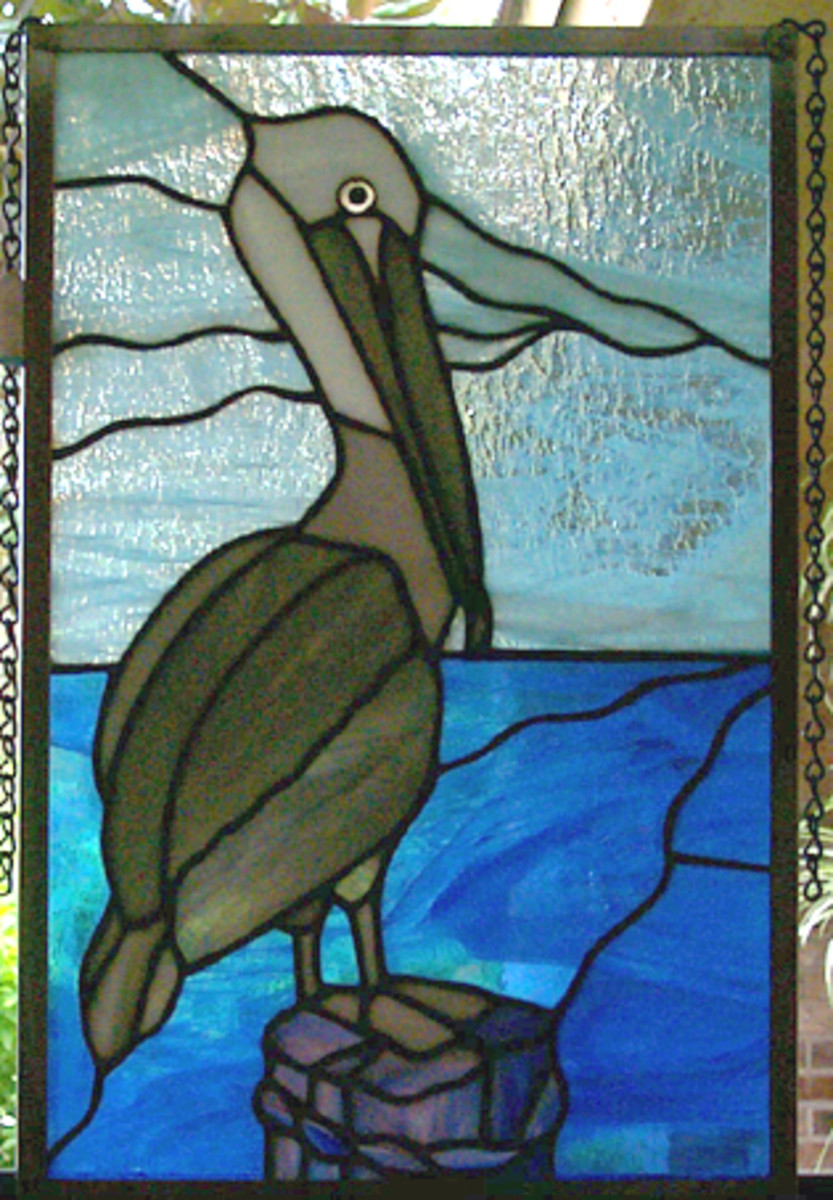Turning Your Hobby into a Business
Work Can Be Fun
February 7, 2010
Do something you love and you never work a day in your life, so says Jim Koch founder of the Boston Beer Company (maker of Samuel Adams® beer) in a recent commercial.
In 1984 Koch decided to quit his job and follow his passion which was brewing beer. Today, Koch and his employees boast in their commercials about getting paid to have fun and do what they love which is brewing beer.
Even though its beer is distributed nationwide and it is a corporation whose stock is listed on the New York Stock Exchange (with the symbol SAM), it is still a small company employing only about 350 people nationwide.
Like Jim Koch, many people either by choice, circumstance or chance, end up making a business based upon their passion. In many cases these people are so passionate about something that they can't imagine doing anything else and they go into a business involving their passion early in life.
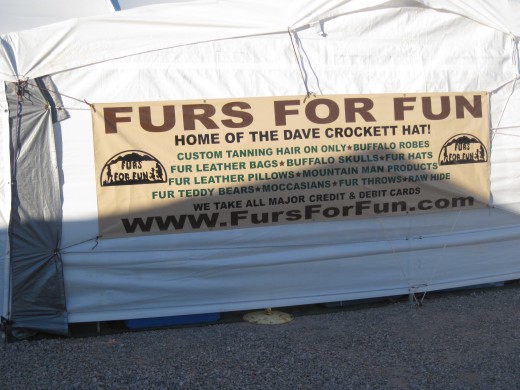
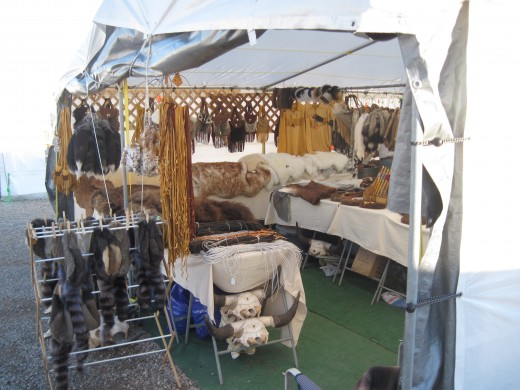
Others often take a different route. For some it is a hobby that slowly takes up an increasing amount of free time (and space in the home).
At some point, either as a way to offset the increasing cost of the hobby and/or increasing requests from family, friends and acquaintances to purchase their output (or constant advice from the same people that they should make this a business) the hobby becomes a business.
In some instances, a stay at home spouse or a retiree, will turn a hobby into a business in order to supplement the family income.
In other cases the move to turn a hobby into a business can result from a layoff, a desire not to move when an employer decides to relocate or simple burn-out and the realization by the individual that they want more than the headaches that often accompany life in the corporate fast lane.
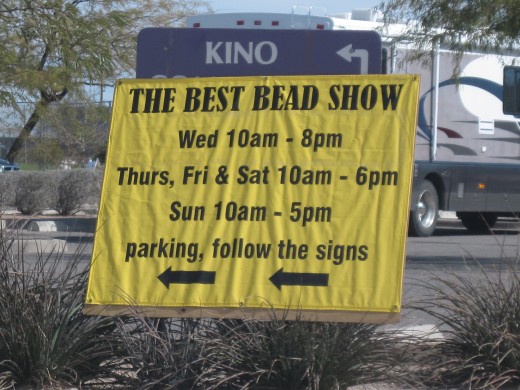

Attending Fairs and Festivals is a Good Way to Learn About Turning a Hobby into a Business
One of the best ways to gain an understanding of the hobbyist segment of the small business market is to visit booths at some of the increasing number of fairs and festivals that can be found in cities and towns throughout the country.
While some of these events are small and purely local featuring only local hobbyist/entrepreneurs, many of whom have only part-time hobby businesses, most of these events are much larger and are attended by people from around the country who work their hobby business full time.
Like the traveling merchants of the Middle Ages in Europe who traveled from town to town to sell their produce on market or fair days, these artisans travel from festival to festival displaying and selling their wares.
While the vendors at these events are primarily interested in selling their products they also enjoy talking about their business and hobby and a person can learn much about this industry and the individual's particular hobby by chatting with these proprietors at their booths.
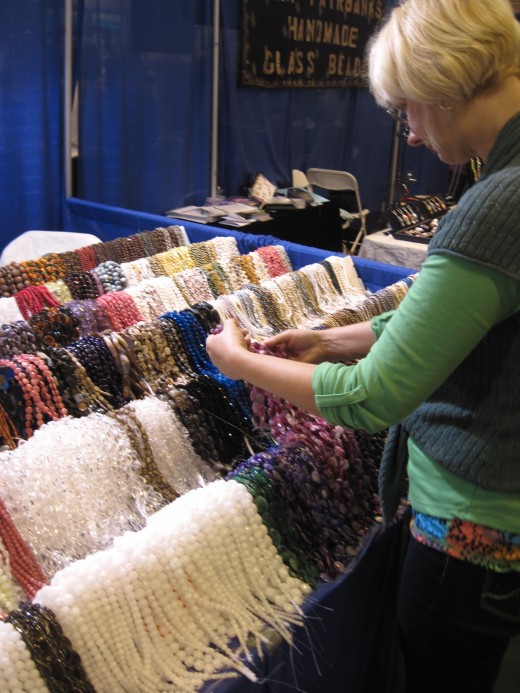

Be Sure to Shut-up and Listen if You Want to Learn
When doing this one should remember that this is the way they make their living and their reason for being at the event is to sell or promote their product.
After all, this is not only the way they make their living but, in addition to the cost of tools and materials needed to produce their product, there are also their travel costs and the fees they have to pay the event sponsor for their booths (while admission to the event is usually free to visitors, exhibitors have to pay to participate).
The best time to chat with a vendor is while you are browsing and there are no other customers at the booth. In my case, my wife usually does the browsing while I strike up a conversation. In this way they usually get to both make a sale as well as talk about their passion.
This is not so much a trick on my part as the simple fact that my wife and I look upon HubPages as a joint effort with me researching and writing the Hubs which generate extra income for us while she figures out fun ways to spend that income in places where I get ideas and material for more Hubs.
If you are truly interested in learning about the business from these vendors it is best to remember that a conversation requires both a speaker and a listener and, to make this a good conversation, it is best for you to listen and limit your speaking to an occasional pertinent question. This is not only a great way to learn the business but also a recipe for how you can be considered a great conversationalist.

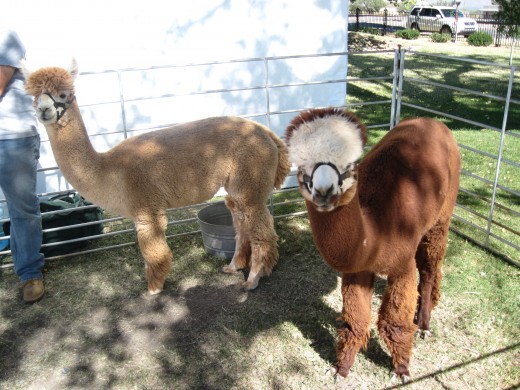
Listen and Learn
If you have a hobby and are thinking about converting it into a business or if you are looking for an idea to start a business.
Visiting these festivals and chatting with the vendors can give you both ideas for hobby businesses to start as well as insight into the work, time and money involved in starting such a business.
Of course, these business owners will also tell you how wonderful it is to have such a business as this is their passion and they usually love it.
But, if you listen carefully, you can not only learn about how to get into this type of small business but also hear things that cause you to pause and reconsider.




